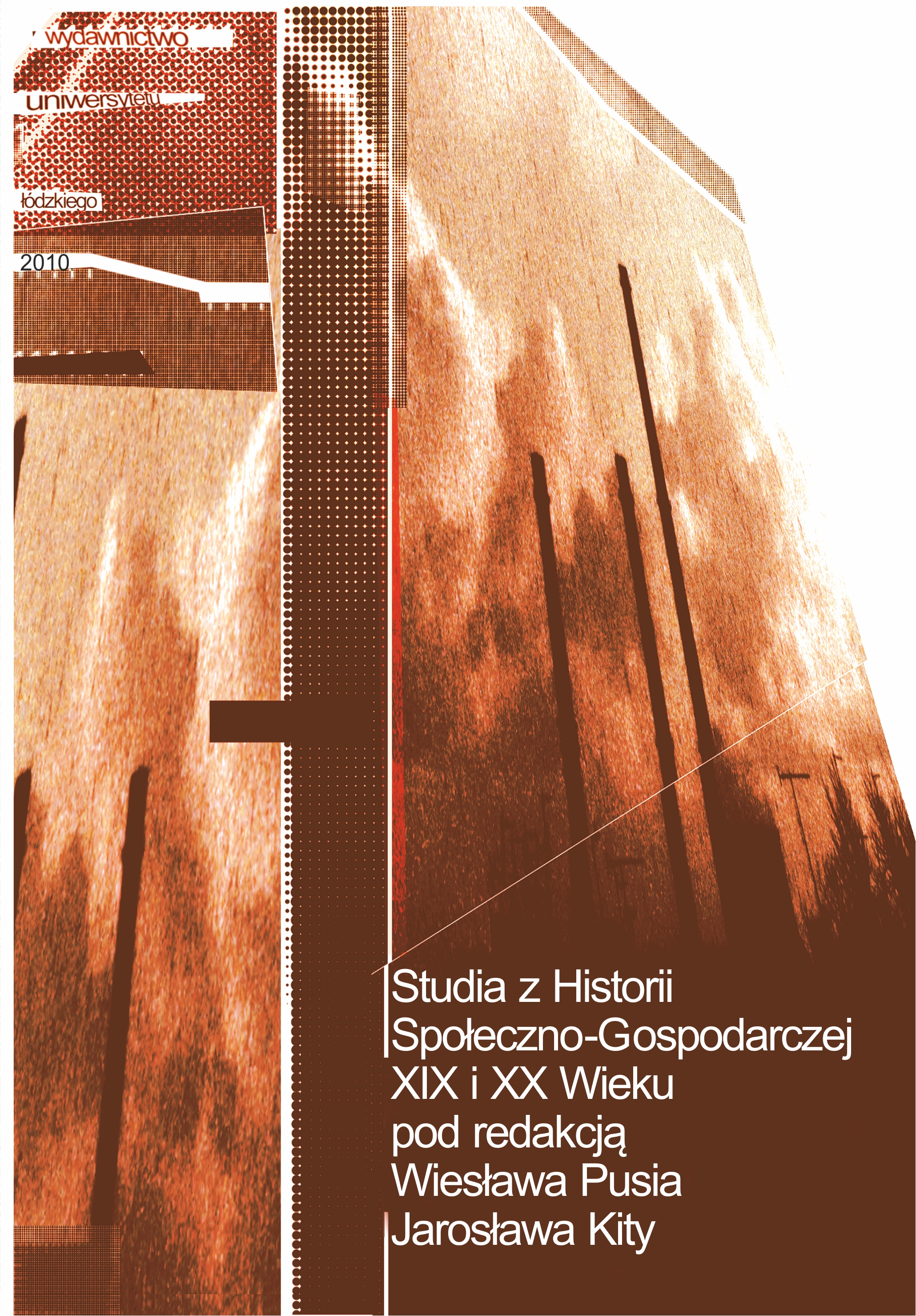“How to keep workers in the countryside?” – the landowners in Wielkopolska (Great Poland) in the face of the emigration of agricultural workers to the industrial regions of German Reich at the turn of the 19th and the 20th centuries
DOI:
https://doi.org/10.18778/2080-8313.08.15Abstract
The paper concentrates on the different steps undertaken, at the turn of the 19th and 20th centuries and during the following decade, by Great Poland landowners to counteract against the effects of the migration of the rural population in search of work, especially to the industrial regions in the west of German Reich. The scale of the migration and its social attractiveness caused that the problem “how to keep workers in the countryside?” became one of the most important issues the landowners of the time had to contend with, which forced them to change their former, often very traditional, opinions on the question of agricultural workers. It was also the reason of the importance of that problem in the landowners’ magazines and articles on social subjects at the beginning of the 20th century. A number of initiatives, aiming at soothing the problem, were also undertaken by the most important organisation of the landowners in Poznań district of the time – Centralne Towarzystwo Gospodarcze (The Central Economic Society). It was followed by the improvement of social conditions in some individual estates, which was however noticeable particularly in lands belonging to the most active and socially aware landowners.
Because of incompleteness and lack of representativeness of most of sources, it is difficult to fully estimate the results of activities undertaken by Great Poland landowners in social field. However, they should not be underestimated, bearing in mind the perceptible improvement of work conditions and living standards of rural workers in the twenty-year period before World War I.
Downloads
Published
How to Cite
Issue
Section
License

This work is licensed under a Creative Commons Attribution-NonCommercial-NoDerivatives 4.0 International License.









